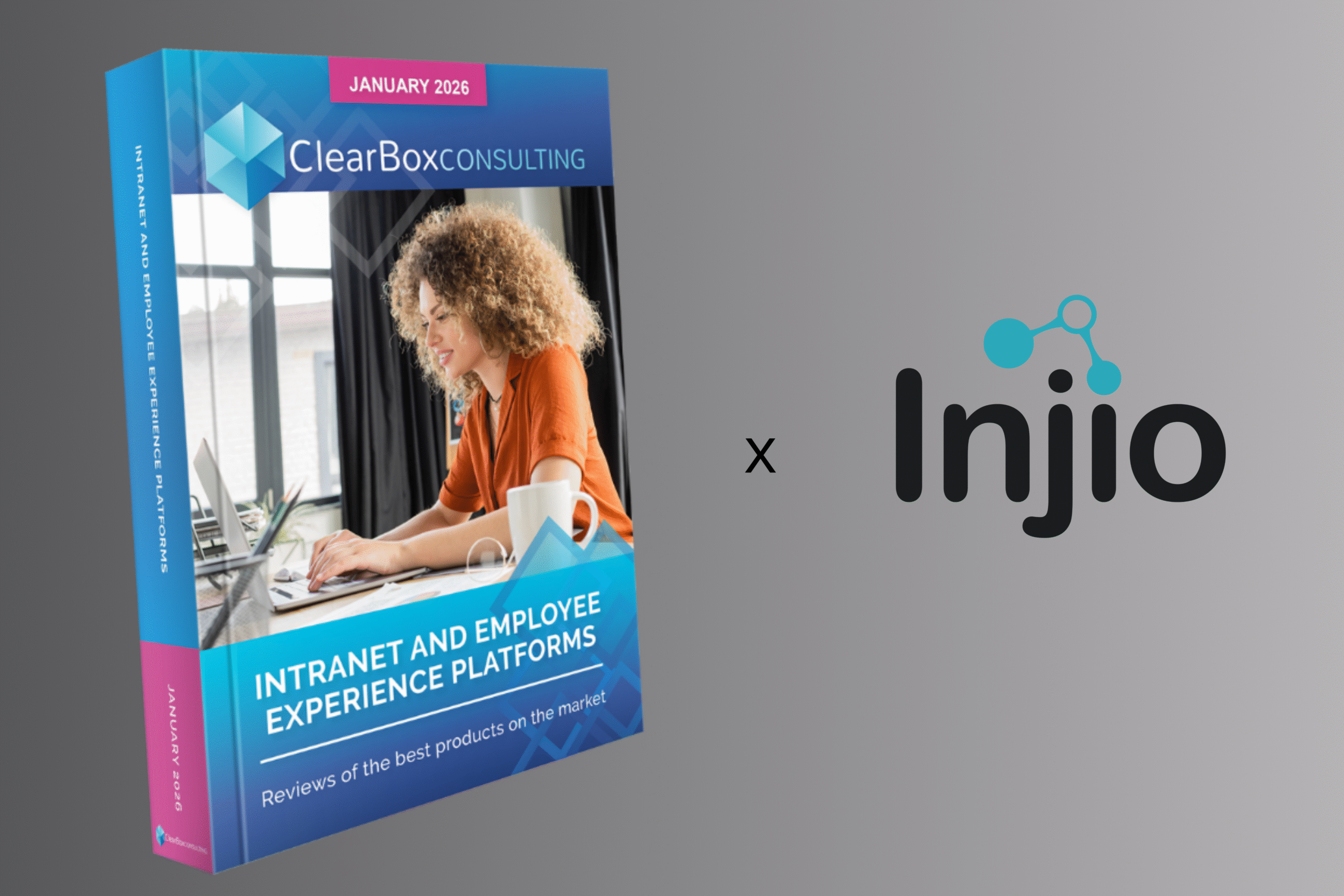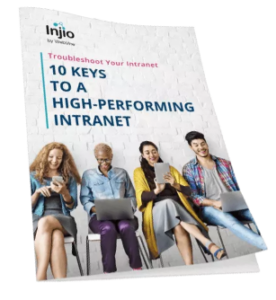Second only to firing an employee, managers rate formal performance reviews as the task they dislike the most. It often feels forced and awkward, delivering criticism in a constructive way is extremely difficult, and the formal appraisal process takes up huge amounts of time particularly for those with multiple direct reports.
We’re not even sure they work.
In a 2015 Deloitte survey, 58% of executives responding believed that their current performance management approach drove neither employee engagement nor high performance[1]. That same year, Accenture announced that it was replacing annual evaluations for its 330,000 employees with a system where managers will give feedback on a more regular basis.
Once-a-year goals are too “batched” for a real-time world, and conversations about year-end ratings are generally less valuable than conversations conducted in the moment about actual performance. [2]
Things need to change. For some years now, business leaders in forms such as Dell, Microsoft and IBM as well as Deloitte, Accenture, PwC and even General Electric have started to shift focus from formal reviews to frequent, informal check-ins between managers and employees.
In a recent article for People + Strategy, a Deloitte manager referred to the review process as “an investment of 1.8 million hours across the firm that didn’t fit our business needs anymore.”[3]
Then there’s Millennials. In a PWC survey of 4,364 graduates across 75 countries, 51% of those questioned said feedback should be given very frequently or continually on the job and only 1% said feedback was not important to them. The companies that are most successful at managing millennials are those that understand the importance of setting clear targets and providing regular and structured feedback. [4] Millennials grew up with helicopter parents coaching them, online access to school results and endless social platform interaction – instant feedback is their oxygen.
One of the strongest millennial traits is that they welcome and expect detailed, regular feedback and praise for a job well done.[5]
So what does this have to do with a Digital Workplace?
For one thing, streamlining time-consuming, regular tasks gives everyone more time to focus on staff development. More importantly, digital workplaces provide tools to both managers and colleagues to recognise team members for performance and for alignment to company values. The Injio SharePoint intranet for example has a customisable tool to immediately acknowledge someone for a given range of achievements, like “Going above and beyond” or “Caring”. The recipient and their manager receive a notification, reinforcing company culture and providing the public, positive feedback desired by many employees.
Office 365 has several tools that can help. Use Teams to request post-implementation feedback from project team members about specific aspects of the project’s implementation, and how well each department and team member contributed. Use Skype instant messaging to comment on how well an employee ran a meeting or managed a difficult question, or tag them in Yammer for more public recognition.
Once feedback has been shared, staff can use Planner to follow-up and share how they plan to implement this feedback, keeping managers in the loop and making the whole process more effective. Managers can also use Planner to keep notes on each staff member and set reminders to check in with team members and feed back or praise as required.
WebVine have recently launched a new digital platform for Children’s Health Queensland, leveraging existing SharePoint 2013 infrastructure to help optimise knowledge across 4500 staff. The new Performance Coaching & Development System uses a branded design to make this new functionality feel like an extension of the existing interface and provides a structured, user-friendly system for both managers and staff to create, review, approve, and assess goals on a quarterly basis. The system also allows for structured peer reviews, adding a new, very useful source of feedback to the manager-employee dynamic.
Do your staff review processes need a makeover? Give us a call.
Career happiness requires a sense of accomplishment, and feedback helps provide it.[6]
[1] Reinventing Performance Management, HBR April 2015
[2] Reinventing Performance Management, HBR April 2015
[3] The Performance Management Revolution, Harvard Business Review Oct 2016
[4] Millennials at work – Reshaping the workplace PWC
[5] Millennials at work – Reshaping the workplace PWC
[6] Feedback Is The Unlikely Key To Millennial Career Happiness, Forbes, Dec 2016
This entry was posted in Office 365, People and tagged Digital workplace, Intranet, performance management. Bookmark the permalink.






